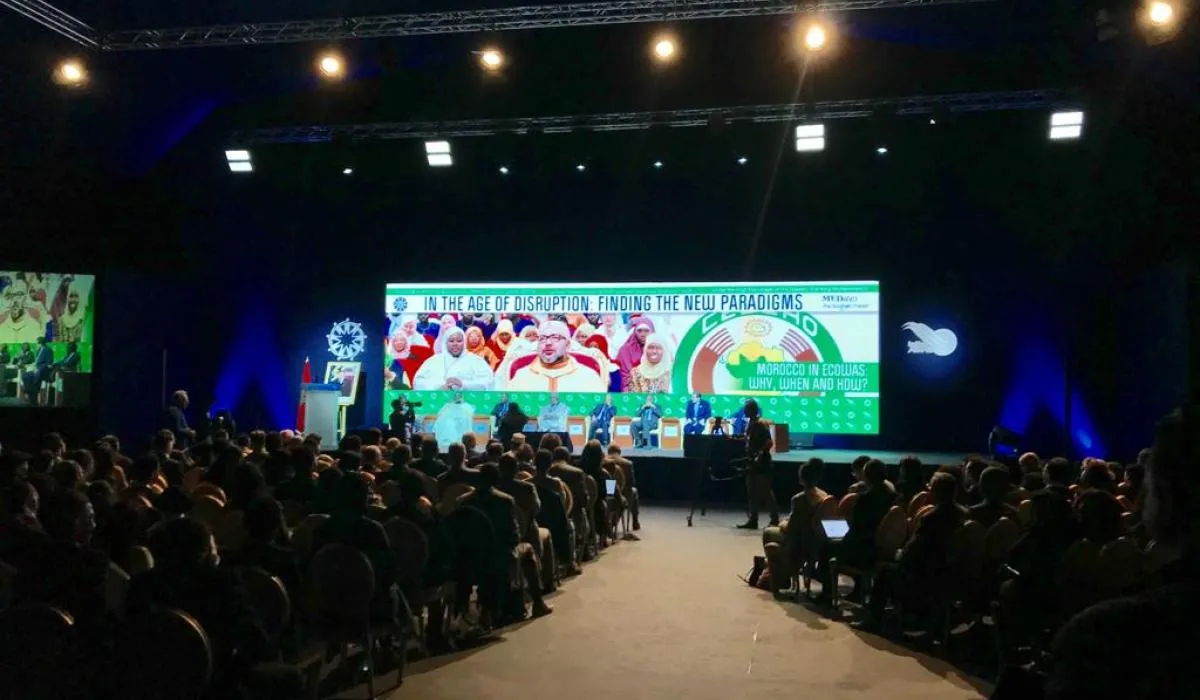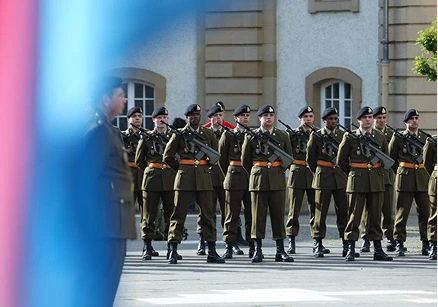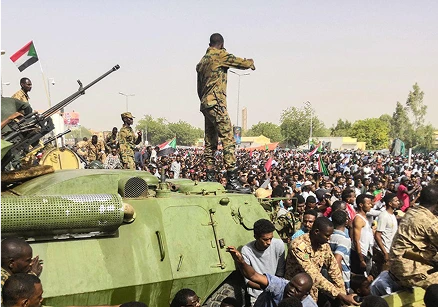
MEDAYS 2018 Day 1 Report
This year marks the 11th annual MEDays Forum, hosted by the Amadeus Institute under the High Patronage of His Majesty Kind Mohammed VI in Tangier, Morocco. This conference brought together policy makers, high level state representatives, heads of international organizations, business leaders, investors, experts and prominent foreign personalities from a variety of fields to discuss compelling changes and challenges in our contemporary world.
‘In the Age of Disruption: Finding New Paradigms’ attempts to explore an exciting mixture of ideas that focus on connecting challenges and opportunities within the African continent, with regional and international ramifications. Over the course of the first day, participants were given the opportunity to discuss the many interrelations and potential overlapping when it comes to China’s engagement in Africa. Over the past years, China’s emerging presence and influence in the African continent have reshaped power dynamics, both regionally and locally. That was demonstrated during the primary two sessions of the day, which specifically focused on the narratives and possible opportunities for a more robust partnership between the two blocs, which should be based on a localized approach that directly benefits the local population in the African countries. But within this context, questions still remain unclear if China’s bold engagement with African countries will guarantee sufficient returns and capacity-building transfer. One thing is clear, though: China’s investments in Africa should have a decisive effect on local competitiveness, improving long-term economic and social development at the local levels.
During the proceedings, a number of main themes were highly prevalent, those being, understanding patterns of investments within Africa and the need to develop a comprehensive approach to south-south partnership, creating therefore productive alternatives to global hegemony. In addition, the theme of migration was highly discussed. In the session ‘Migration: Beyond the Security Borders Approach’, participants identified patterns of restrictive regulation on migration within diverse groups, such as through ‘voluntary repatriation’, policy or internal displacements and proposed solutions to provide a safe and swift alternative to a meaningful number of refugees.
One of the most anticipated events of this first day brought women leaders, such as H.H. Dr. Shikha Hissah Saad Abdullah Al Salem Al Sabah, to discuss how women’s initiatives have helped overcoming the difficulties they face on the labor market throughout the African continent and the Arab world. These women, despite the numerous challenges and struggles imposed in highly patriarchal societies, are now more than ever the driving force behind the transformation of the African continent and Arab world. Initiatives such as the creation of women’s entrepreneurship networks that provide capacity-building training, support of local businesses and mentoring have reshaped the local dynamics and empowered women to participate fully in economic life across all sectors.


